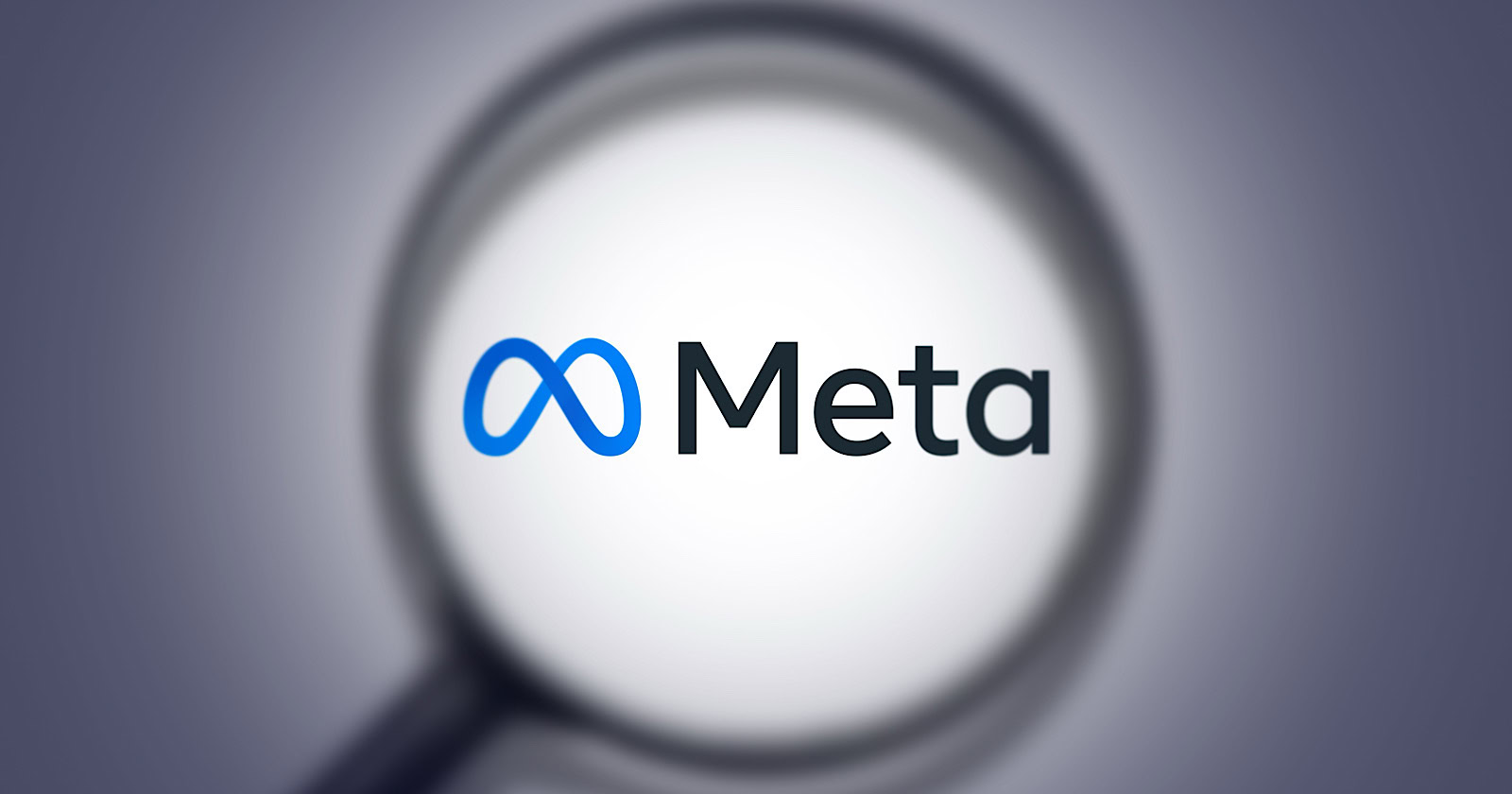Meta is rolling out ad platform upgrades for Facebook and Instagram.
The updates, coming in the next few months, focus on boosting performance and customization through AI-powered campaign optimization.
New Features For Precise Value Definition
Meta is rolling out a new “Conversion Value Rules” tool to give advertisers more flexibility.
This feature lets you adjust the value of different customer actions or groups to your business within a single campaign.
Let’s say you know some customers tend to spend way more over time. Now, you can tell the system to bid higher for those folks without setting up a separate campaign.
Incremental Attribution Model
Meta plans to introduce a new optional attribution setting later this year. This feature will focus on what it terms “incremental conversions.”
Instead of maximizing the total number of attributed conversions, this new model aims to optimize ad delivery for conversions likely to occur only because of ad exposure.
In other words, the model identifies and targets potential customers who wouldn’t have converted without seeing the advertisement.
Initial tests of this feature have yielded positive results. Advertisers participating in these trials have observed an average increase of over 20% in incremental conversions.
Enhanced Analytics Integration
Meta is launching direct connections with external analytics platforms, starting now and continuing through 2025. They’re kicking off with Google Analytics and Northbeam and plan to add Triple Whale and Adobe later.
These connections let businesses share combined campaign data from different channels with Meta’s ad system. The goal is to give advertisers a complete picture of how their campaigns perform across various platforms.
By getting this broader data set, Meta expects to fine-tune its AI models and help advertisers run more effective campaigns.
Cross-Publisher Journey Optimization
Meta is using what it’s learned from its early connections with analytics tools to update its ad system. These changes consider how customers interact with ads across different platforms before purchasing.
Early tests of this update have been positive. On average, third-party analytics tools show a 30% increase in conversions attributed to Meta ads. However, advertisers might see higher costs per thousand impressions (CPMs).
Right now, this update is being applied to campaigns that aim to increase the number or value of conversions under the sales objective. Meta plans to extend this to other campaign objectives soon.
Google Analytics Integration: What It Means
The Google Analytics connection is big news for industry folks, as it could offer the following benefits:
- Unified view of Meta ads and overall site performance
- Better multi-touch attribution
- Insights to refine SEO strategy based on paid social impact
- Smarter budget decisions between paid social and SEO
- Easier reporting
- Cross-channel optimization opportunities
This integration blurs the lines between paid social, organic social, and SEO, offering a more holistic view of digital marketing efforts.
Why This Matters
As privacy changes shake up digital advertising, Meta’s updates address the need for more accurate, valuable insights.
The move towards AI-driven features and cross-channel integration marks a new era in ad sophistication.
To make the most of these updates, review your Meta ad strategy and clearly define your customer journey and value metrics.
Stay tuned for the rollout, and be ready to test these new features as they become available.
Featured Image: Cristian Valderas/Shutterstock
